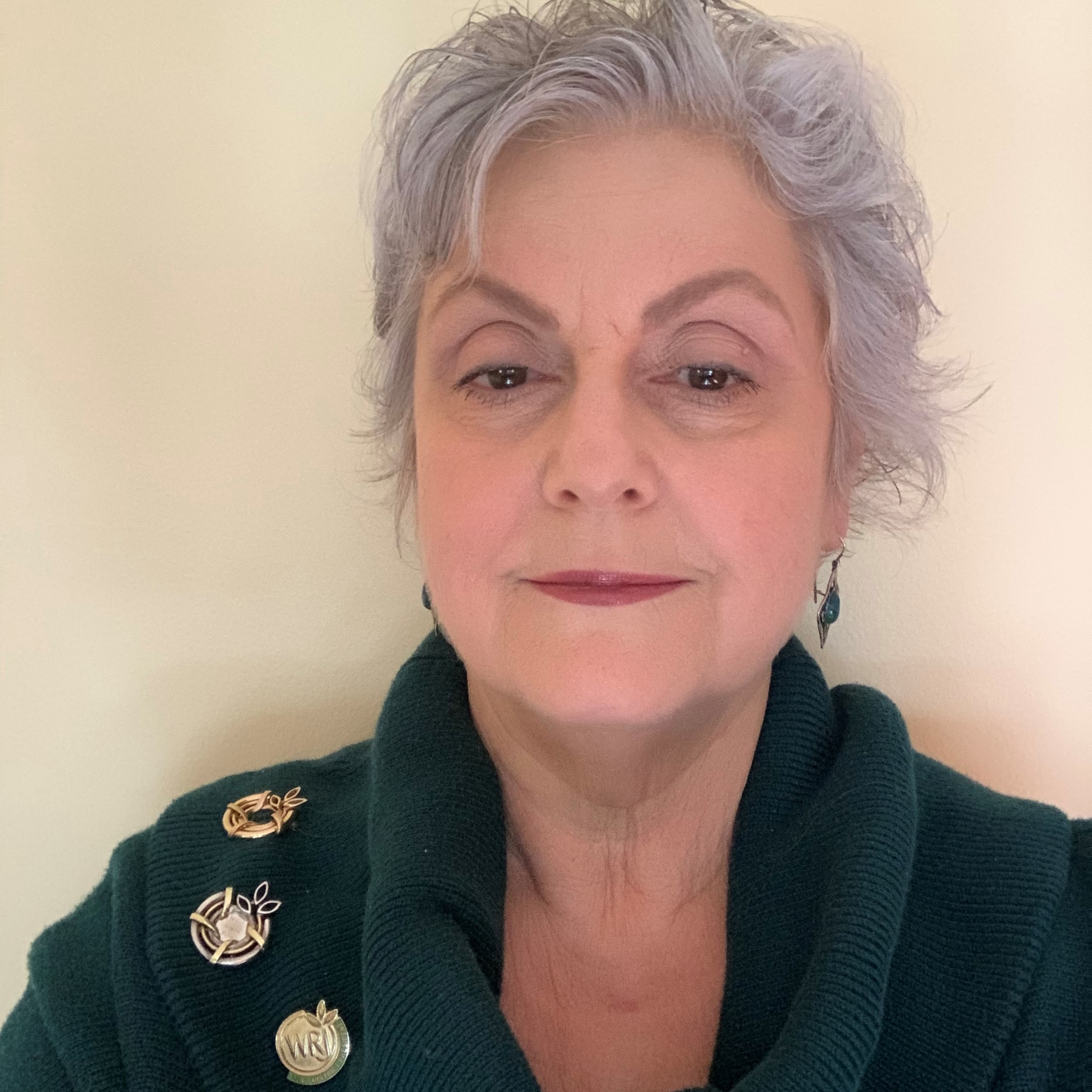
In this week’s Torah portion, Korach (Number 16:1 – 18:32) we read a disturbing story of two seemingly simultaneous rebellions, one against Aaron’s priestly leadership, led by Korach, and the other against Moses’ leadership, led by Dathan and Abiram.
As I read the commentary in The Torah: A Women’s Commentary, I was fascinated by Rabbi Rachel Cowan’s Contemporary Reflection, in which she raises several important points: the first is to remind us of Moses’ humility, the second is to remind us that although Korach’s punishment for his rebellion is death, his descendants lived, and the third is her interpretation of Korach’s motivation for rebellion: fear so profound that he separated himself from his community. Her final point is that when we overcome fear and its related emotions (anger, jealousy, and doubt) we can better connect with our ideal community in which we are all holy and engaged in the work of tikkun olam.
At this season of leadership transition in our women’s groups, there could be no better trigger for a meditation on Jewish leadership. I am sure that we have all studied Moses’ leadership style – he is humble, he takes advice, he has a team of trusted advisors, and he delegates responsibility and he recruited and gives legitimacy to his successor. Compare all this to Korach who seems to be motivated by frustrated pride.
At this time of sudden change in the way our community functions, I did some reading and thinking about what Jewish leadership is and I would like to share some words of Rabbi Jonathon Sacks on Jewish leadership that I found to be meaningful. Jewish leaders:
- Take responsibility for the community’s wellbeing. Active sisterhoods have been the bedrock of congregations across this continent. The networks of friendships facilitated by our women’s groups contribute to community cohesion.
- Recognize that leadership is a team effort, after all, Moses had Miriam and Aaron and even his father in law, Jethro.
- Know that leadership is about ensuring that there is a vibrant Reform Jewish community in the future and keep their eyes on that goal as you plan and implement today’s projects and programs.
- Are learners who embrace our tradition and learn from our predecessors and our colleagues. WRJ has a plethora of learning opportunities.
But mostly, Rabbi Sacks teaches: “Leaders lead because there is work to do, there are people in need, there is injustice to be fought, there is wrong to be righted, there are problems to be solved… Leaders hear this as a call to light a candle instead of cursing the darkness.”
We lead with care and respect, building communities where the highest ideals of Reform Judaism are realized. Communities built on faith, where our members’ souls are nourished and where the prophetic voice of our tradition inspires us in the work of perfecting the world, so that we can all be more like Moses, Aaron and Miriam and less like Korach, Dathan and Abiram.
Liz McOsker is a member of the WRJ executive committee and the first vice president of WRJ Central District.
Related Posts

Parashat Yom Rishon shel Rosh HaShanah

Cultivating a Culture of Accountability and Belonging


